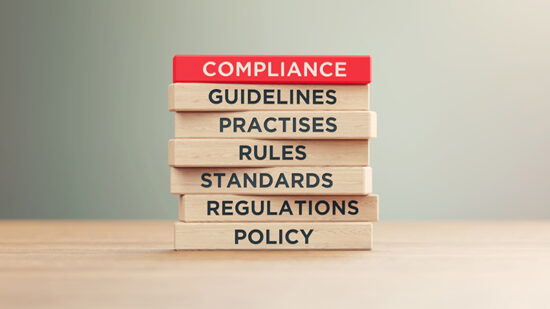While the value of Bitcoin has fluctuated considerably, 2017 has seen the cryptocurrency surge to a record valuation of £8,790 ($11,843, €9,987) creating interest, debate and temptation.
The success of the currency has also triggered a range of imitators or digital coins.
These have proven controversial because they are often issued by companies looking to raise money and some have proved fraudulent.
Regulators both sides of the Atlantic have eyed the rise of cryptocurrencies with increasing unease as it appears to sweep ordinary investors into buying in.
Paris Hilton
At the start of November the Securities and Exchange Commission was forced to act after Paris Hilton tweeted about a coin offering.
“A celebrity endorsement does not mean that an investment is legitimate or that it is appropriate for all investors,” the US regulator warned.
“It is never a good idea to make an investment decision just because someone famous says a product or service is a good investment. Celebrities, like anyone else, can be lured into participating (even unknowingly) in a fraudulent scheme.”
A bitcoin strategy
“I’m conflicted,” said one experienced millennial investor on LinkedIn. “Between it being a great way for first time investors to be engaged and learn the basics of risk and reward. And it being frightening that this is the entry point for my generation.”
Greg Davies a behavioural finance expert with Oxford Risk said the high emotions and the impossibility of timing your exit meant investors should place Bitcoin out of scope.
“Insofar as there is a sensible way of engaging it, do it as you would gamble,” he advises. “Set an amount you’d be happy to lose entirely; make sure it is a small portion of your investible assets; and think of it as a ‘play pot’ or entertainment budget. Then fix a hard upper pot size of, say, 150% off initial amount and frequently sell any gains above this. This limits downside losses; allows you to bank gains along the way; and frequently resets your reference point. Never top up the play pot!”
However, he also notes that even following this guide is emotionally difficult and could result in investors becoming sucked in further than they should.








